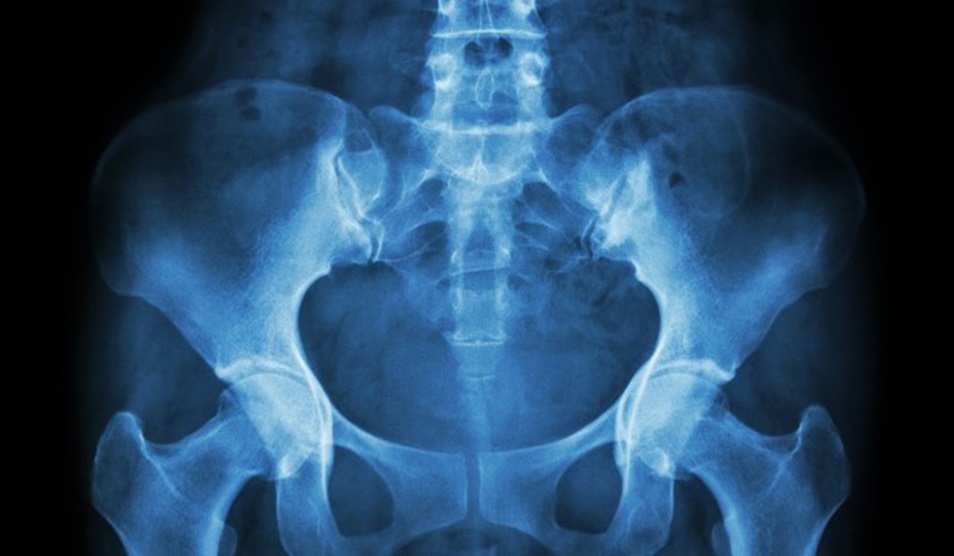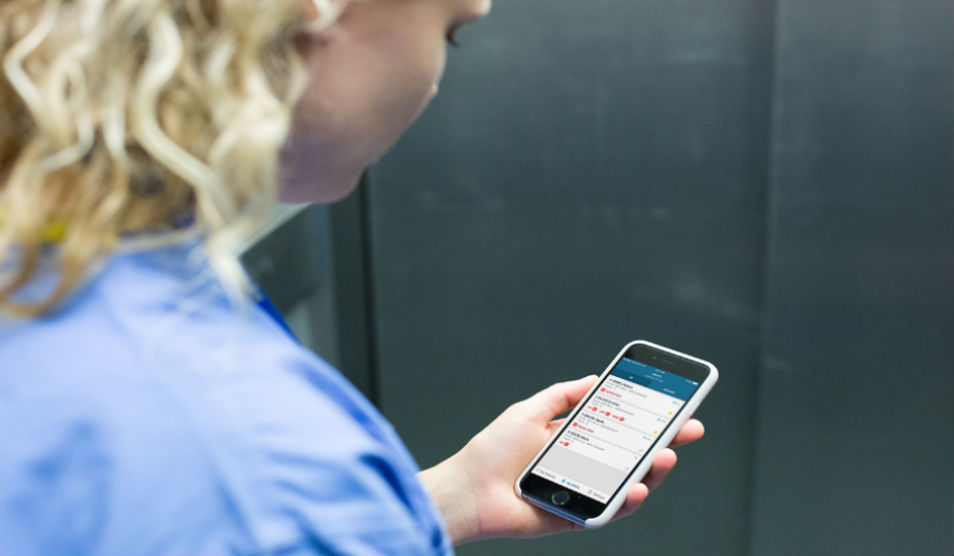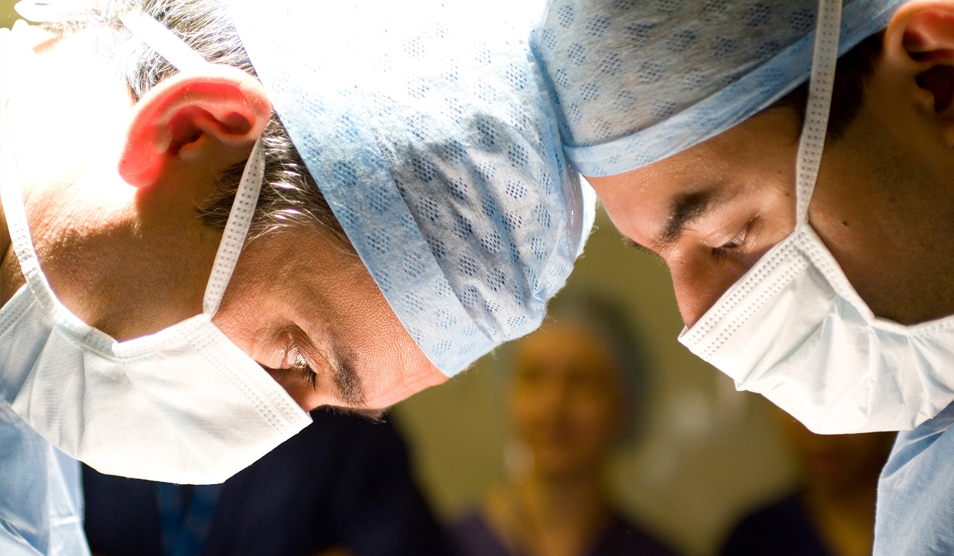"Balloon surgery cured my painful back"
Grandmother Annette Levy is delighted she can play with her seven grandchildren again after undergoing simple ‘balloon surgery’ by Mr Mo Akmal, consultant orthopaedic and spinal surgeon, to cure agonising back pain.
Mrs Levy, 60, from north London, suddenly started to suffer from severe pain in her lower back in September. Physiotherapy, acupuncture and strong painkillers did not help.
She said: “It was a constant agonising pain, like being stabbed in my lower back. Suddenly I went from being active and interacting with my grandchildren to being completely helpless as if I’d aged overnight. I could hardly walk, I was bent over and I couldn’t lie down in bed. I had to sleep every night upright on my sofa surrounded by cushions. It was extremely debilitating.”
Mrs Levy was referred for an MRI scan at St Mary’s Hospital, Paddington, which revealed three fractures in her lower spine. Within a fortnight she was seen in the hospital's fracture clinic and underwent a simple procedure called balloon kyphoplasty (BKP) in theatre as a day-case procedure and was cured of her pain straight away.
Mrs Levy said: “The treatment has been life-changing. I am no longer in pain, I am far more active and independent, and the best thing is that I can interact and play with my grandchildren again.”
The orthopaedic spinal fracture clinic is offering a rapid access vertebral compression fracture (VCF) service for spinal fractures caused by the bone-thinning disease osteoporosis thanks to an £84,000 grant from the Trust’s charity, Imperial College Healthcare Charity. The funding has been used to develop a multi-disciplinary clinical team and speed up access for patients to BKP.
The balloon surgery is a simple minimally-invasive procedure which offers quick pain relief and better quality of life. The procedure, which does not require an overnight stay in hospital, involves surgeons inserting a small orthopaedic balloon into the cracked vertebrae (bones in the spine). The balloons are slowly inflated and filled with cement to push the collapsed vertebrae back in place. Once the vertebrae are in the correct position, the balloons are deflated and removed with a tiny syringe. The procedure, which takes about 20 minutes and can be performed under sedation or with a general anaesthetic, is recommended by NICE as a treatment for these types of spinal fractures.
Mr Akmal said: “Treating these fractures with BKP is a cost effective and relatively safe surgical procedure to treat lingering chronic pain and it could potentially save lives. These fractures, which mainly affect the elderly, are very common, extremely debilitating and can lead to other health problems such as chest infections, sleeping problems and further fractures. The only other options to the surgery are bed rest, back bracing, physiotherapy and pain-relieving medicines.”
Dr Chris McCarthy, the Trust’s lead orthopaedic practitioner who runs the VCF assessment and follow up service added: “Using this simple, quick procedure means that patients no longer suffer acute back pain, they make fewer trips to their GP and older patients regain their independence. The results are amazing and can give pain relief almost immediately.” Most patients we have seen require only one follow up after the procedure and have often returned to their normal activities in a matter of days.”
According to the National Osteoporosis Society, round three million people in the UK have osteoporosis which can lead to bones becoming fragile and breaking easily, leading to pain and disability. The clinic at St Mary’s receives patients from all over north west London and six months of data involving more than 50 patients show that BKP is a very effective treatment for these types of fractures.



